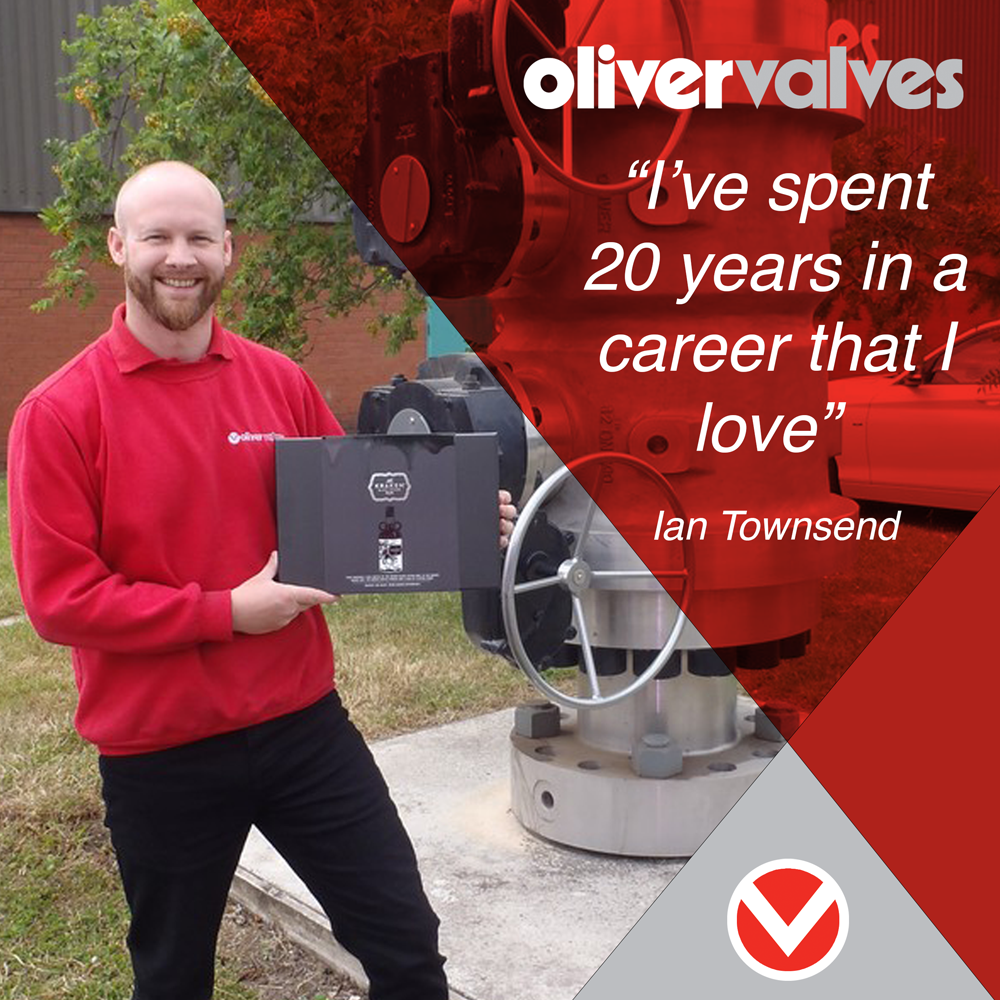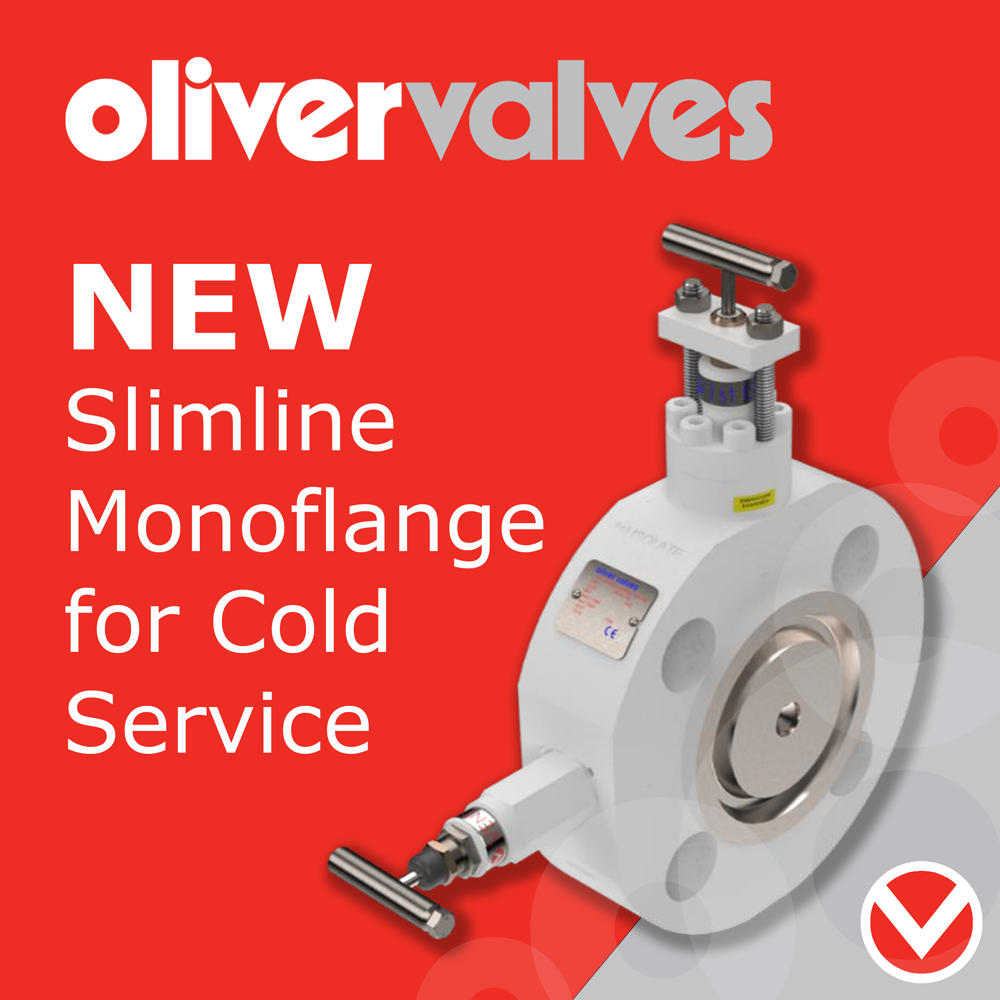
Congratulations to Ian Townsend for his 20 years of service with Oliver Valves. Ian joined the business in 2002 and during his time has worked across the Oliver group of companies gaining a wealth of engineering experience on pipeline, sub-sea, hydrogen, and instrumentation valves for the Energy Sector.
Ian’s career continued to excel, and in 2009, he joined our Research & Development team where he worked on our very first Petrobras Qualification and is now responsible for processing critical test data. Seen by many as the linchpin of the R&D team, Ian plays a key role with customers, partners and colleagues, and has helped to grow the department from four staff to twelve. R&D Works Manager David Twigg compliments Ian’s achievement saying “Ian’s good nature, wit, and dedication to his work makes him a well-respected figure amongst his peers and I have personally worked with him for 12 years and consider him not just a colleague but a friend.”
We thank Ian for his loyal service and hard work, and we wish him well for the future – here’s to another 20 years!
[Ian is pictured receiving his special Rum Gift Set from the Oliver R&D Team] #olivervalves #valves #congratulations
If you’re interested in a career at Oliver Valves and in engineering, please visit our careers page on the website https://www.valves.co.uk/careers/

